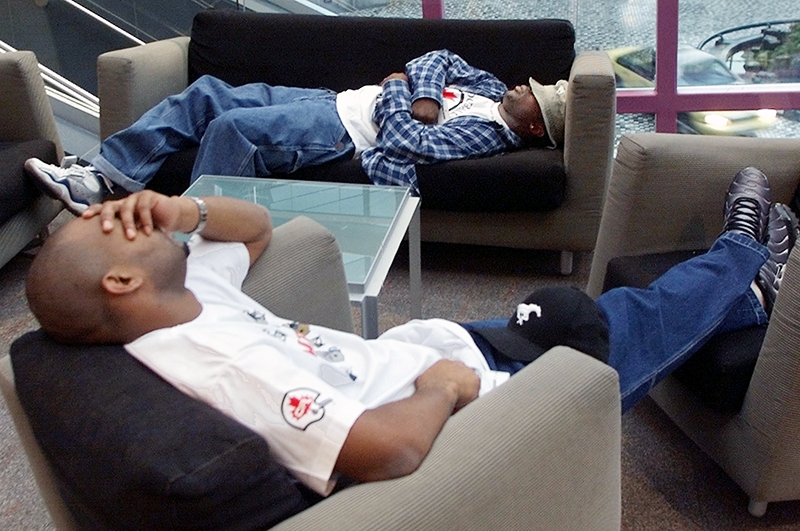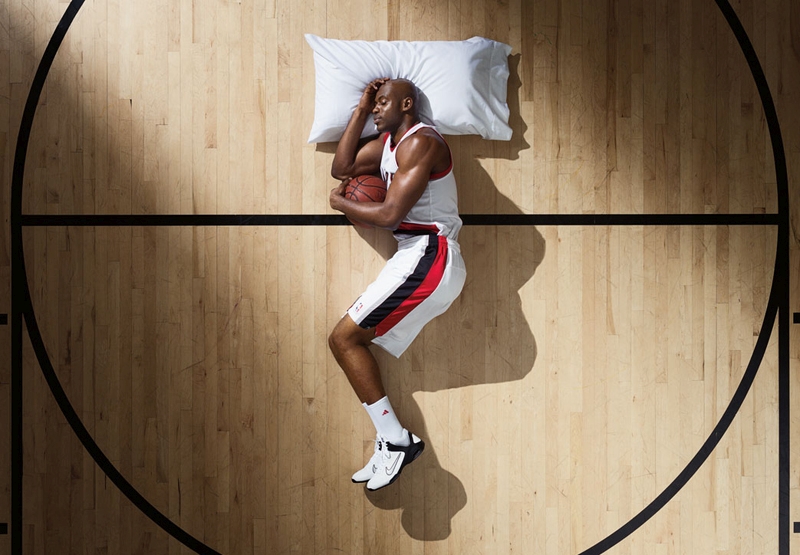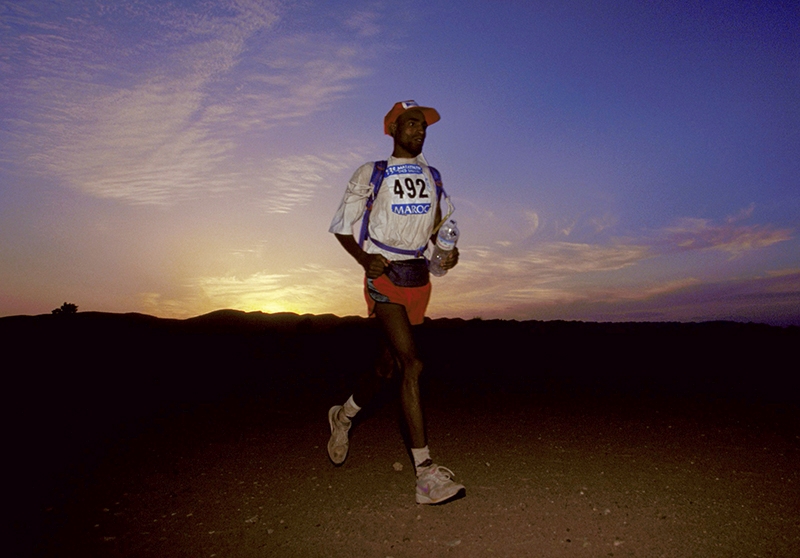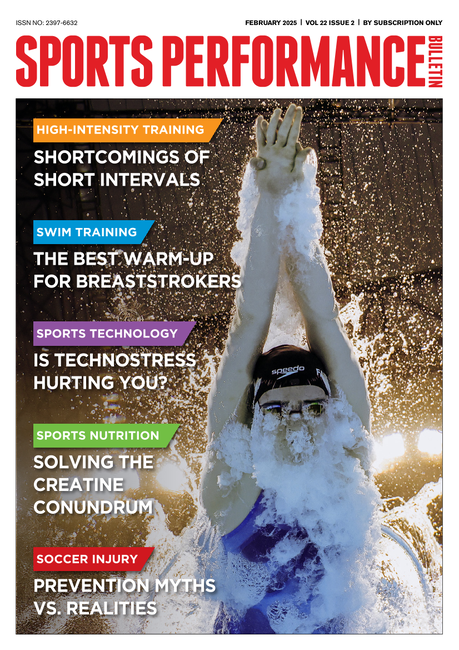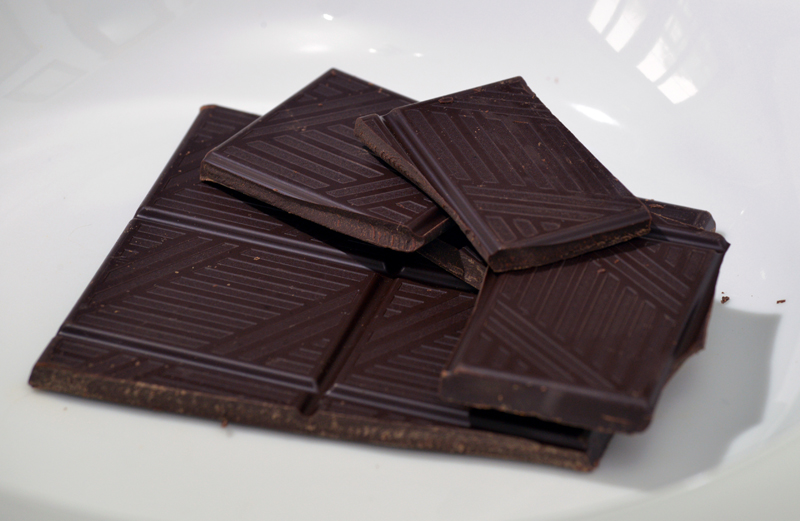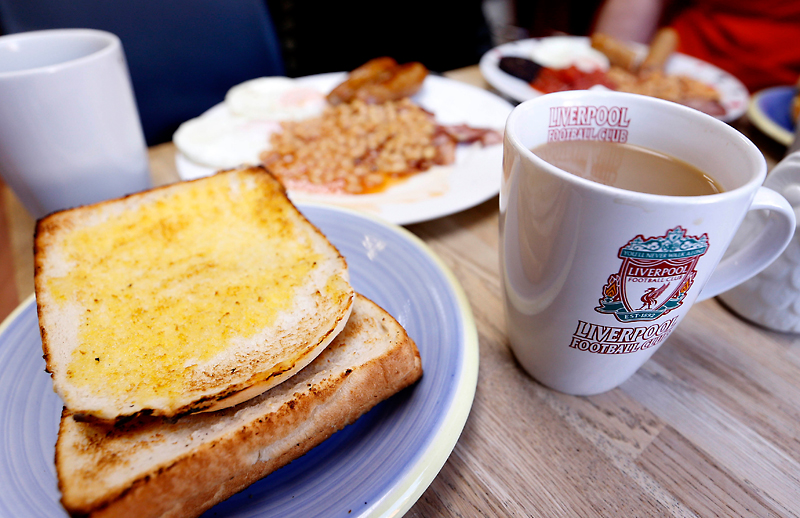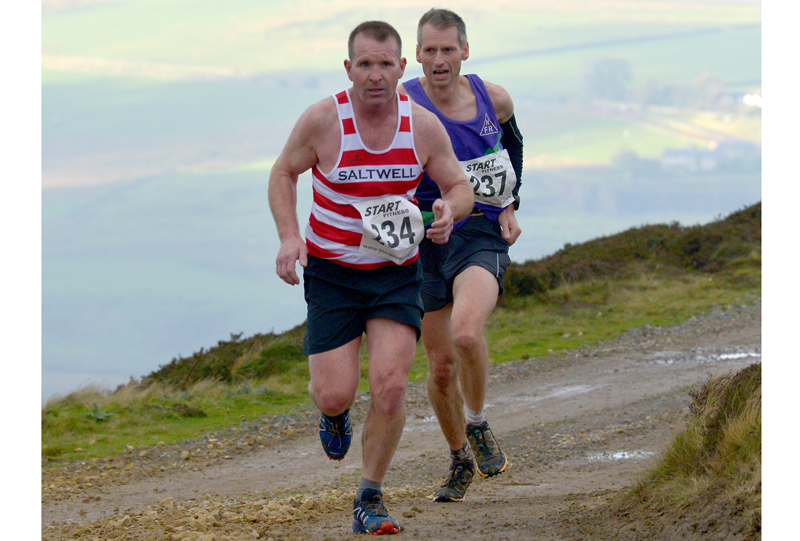You are viewing 1 of your 1 free articles. For unlimited access take a risk-free trial
Sleep on it: the performance cost of missing zzzs!

What impact does a poor night’s sleep after a strenuous training session have on performance the next day? SPB looks at new research
For most of the last century, it was largely believed that sleep was needed purely for the mind. However, in more recent years, this notion has changed, as there is now a considerable body of evidence showing that sleep has a huge role in regulating many physiological functions. According to research published in 2005 in the journal Nature, scientists have ‘woken up to the importance of sleep, even though there is still a widespread public assumption that it just doesn’t matter’(1).Sleep and exercise – what’s the real relationship?
Although it is commonly believed that exercise improves sleep quality, there is surprisingly little data in the scientific literature to support this notion. In fact, whilst some exercise may improve sleep in sedentary populations, sleep disorders are actually quite common in elite athletes, where sleep disruption becomes more common with increased training volume(2). In fact, a sure sign of overtraining in athletes is when they report limbs that ‘can’t stop running’ - much in the same way that a racing mind can disturb sleep in stressed executives!Likewise, the effect of sleep on exercise performance has been previously poorly understood as many of the physiological parameters measured during exercise appear to remain unchanged even after quite severe sleep deprivation. However, more recent research HAS identified a performance link. Both total and partial sleep deprivation over a period of time have been shown to impair exercise performance(3-7). Also, research has shown that a single night of sleep deprivation can decrease performance during an endurance running test on the following day(6).
The same studies also indicate that maximal aerobic power may decline by up to 50% after partial sleep deprivation and that going four hours short of sleep can significantly reduced both peak and mean power outputs during 30-seconds maximal sprints. All of the above are compounded by the fact that sleep deprivation, especially when chronic, can lead to a lack of motivation to train and reduced ability to think clearly. This is because chronic sleep deprivation leads to cellular disorganization and degeneration in selected brain areas – the hippocampus, prefrontal cortex, amygdala, and hypothalamus(8).
Consecutive-day performance
Despite the findings above, many of the studies on sleep (or lack of) on performance have been conducted in isolation – ie subjects in the trials underwent a period of sleep deprivation while fresh then were assessed during a subsequent exercise test. In reality however, that’s not how most athletes train and live day to day because these experiments were designed to determine the impact of reduced sleep duration itself, without exercise. Most athletes perform consecutive days of high-intensity exercise, so what would be really valuable would be data that shows the impact of sleep deprivation on the next day’s exercise performance after a day where vigorous training has taken place. In other words, does a bad night’s sleep during a run of training days affect an athlete’s ability to perform the day afterwards?New research
To answer this question, we can turn to brand new research by Korean scientists(9), which was published just three weeks ago in the journal ‘Physical Activity and Nutrition’. To do this, 11 athletes completed two exercise trials on two separate occasions. Each trial was identical and consisted of the following:- Day 1 – All the subjects completed 90 minutes of continuous running at 75% VO2max (moderate-hard intensity) followed by drop jumps (10 × 10 sets, 100 drop jumps in total) to induce high levels of muscle fatigue.
- Day 2 - On the following morning, the athletes performed 20 minutes of submaximal running at 75% VO2max and then a time to exhaustion running test (TTE) at 85% of VO2max (hard to very hard).
What they found
The main findings were as follows:- On day 2, neither the maximal strength levels nor the amount of oxygen required to sustain the prescribed pace during 20 minutes of running (a measure of muscle efficiency) differed significantly between the two trials.
- The respiratory exchange ratio however was significantly lower in the sleep deprivation trial than in the full night’s sleep trial, meaning the athletes were drawing less on their muscle carbohydrate (glycogen) reserves when sleep deprived, either it was more difficult to do so or because the sleep deprivation had somehow negatively impacted their ability to synthesize muscle glycogen overnight following the food intake the evening before.
- Importantly, there was a big impact on actual performance as the time to exhaustion at 85% VO2max was very significantly shorter in the sleep deprivation trial than in the full night’s sleep trial (665 seconds vs. 887 seconds – see figure 1).
Figure 1: Time to exhaustion at 85% VO2max in full vs. deprived sleep

CON = full night’s sleep; PSD = partial sleep deprivation.
Implications for athletes
This study is very interesting because unlike others carried out beforehand, it looked at the effects of sleep loss taking place within a run of training days – ie where the athletes had trained hard the day before sleep was lost. The key finding was that although many parameters of the athletes’ performances were unaffected by sleep loss, the time to exhaustion in the exercise test after sleep loss was very significantly reduced. For athletes suffering a bad night’s sleep, this suggests that they shouldn’t expect to perform as well in the next day’s high-intensity endurance training session, which in turn suggests athletes should consider curtailing the length, duration or both of that session. Strength sessions on the other hand may be less affected.Why did the athletes perform less well in the time-to-exhaustion run? This was almost certainly due to reduced glycogen availability, although research looking at glycogen storage in muscles following full/deprived sleep is needed to throw more light on this question. In the meantime, the best option for athletes is of course to try and ensure that each and every night’s sleep is as good as possible. The following articles should therefore be considered essential reading for any athletes who struggle to sleep well!
- Heavy training: sleep on it!
- Recovery and sleep: why training timing counts
- Confessions of an insomniac: how to improve your sleep quality
- Sleep loss – make sure it doesn’t affect your training
- Nature 27 October 2005; 437:7063
- Med Sci Sports Exerc 1997; 29(5):688-93
- Eur J Appl Physiol 2013;113:241-8
- Eur J Appl Physiol Occup Physiol 1991;63:77-82
- J Sports Sci 2001;19:89-97
- Eur J Appl Physiol 2009;107:155-61
- Eur J Appl Physiol 2003;89:359-66
- Biological Rhythm Research 2016; 47 (3) p425-437
- Phys Act Nutr. 2021 Mar;25(1):1-6
Newsletter Sign Up
Testimonials
Dr. Alexandra Fandetti-Robin, Back & Body Chiropractic
Elspeth Cowell MSCh DpodM SRCh HCPC reg
William Hunter, Nuffield Health
Newsletter Sign Up
Coaches Testimonials
Dr. Alexandra Fandetti-Robin, Back & Body Chiropractic
Elspeth Cowell MSCh DpodM SRCh HCPC reg
William Hunter, Nuffield Health
Keep up with latest sports science research and apply it to maximize performance
Today you have the chance to join a group of athletes, and sports coaches/trainers who all have something special in common...
They use the latest research to improve performance for themselves and their clients - both athletes and sports teams - with help from global specialists in the fields of sports science, sports medicine and sports psychology.
They do this by reading Sports Performance Bulletin, an easy-to-digest but serious-minded journal dedicated to high performance sports. SPB offers a wealth of information and insight into the latest research, in an easily-accessible and understood format, along with a wealth of practical recommendations.
*includes 3 coaching manuals
Get Inspired
All the latest techniques and approaches
Sports Performance Bulletin helps dedicated endurance athletes improve their performance. Sense-checking the latest sports science research, and sourcing evidence and case studies to support findings, Sports Performance Bulletin turns proven insights into easily digestible practical advice. Supporting athletes, coaches and professionals who wish to ensure their guidance and programmes are kept right up to date and based on credible science.
